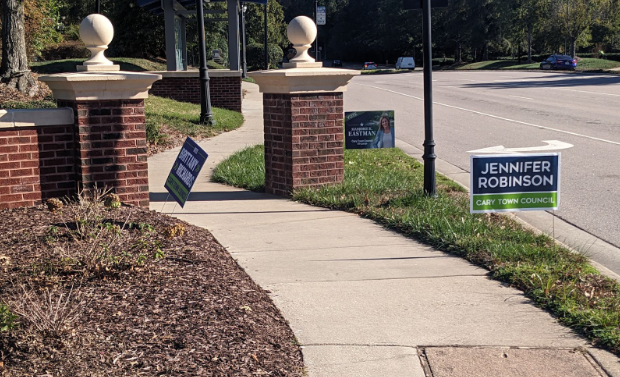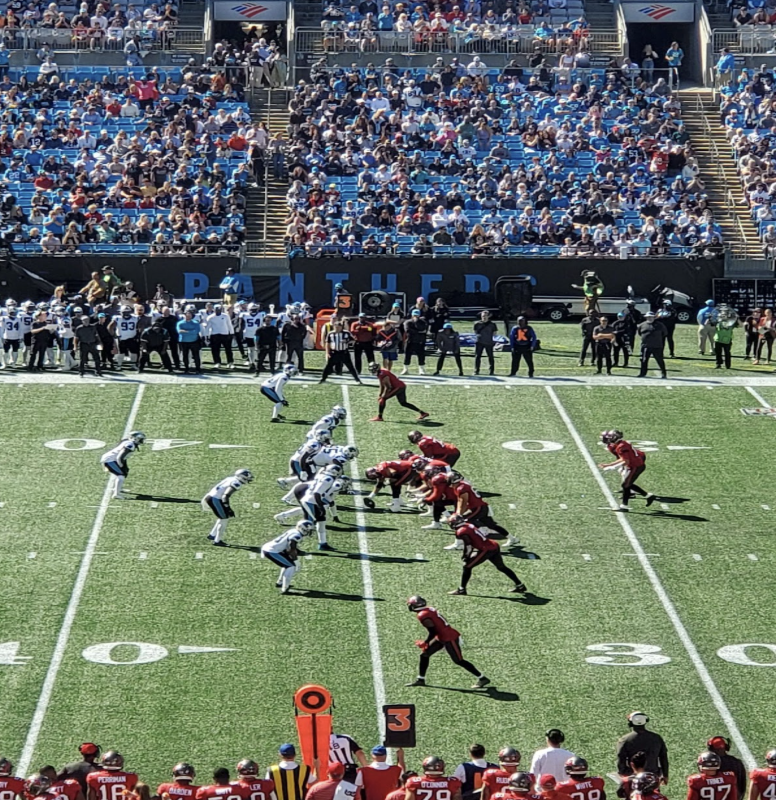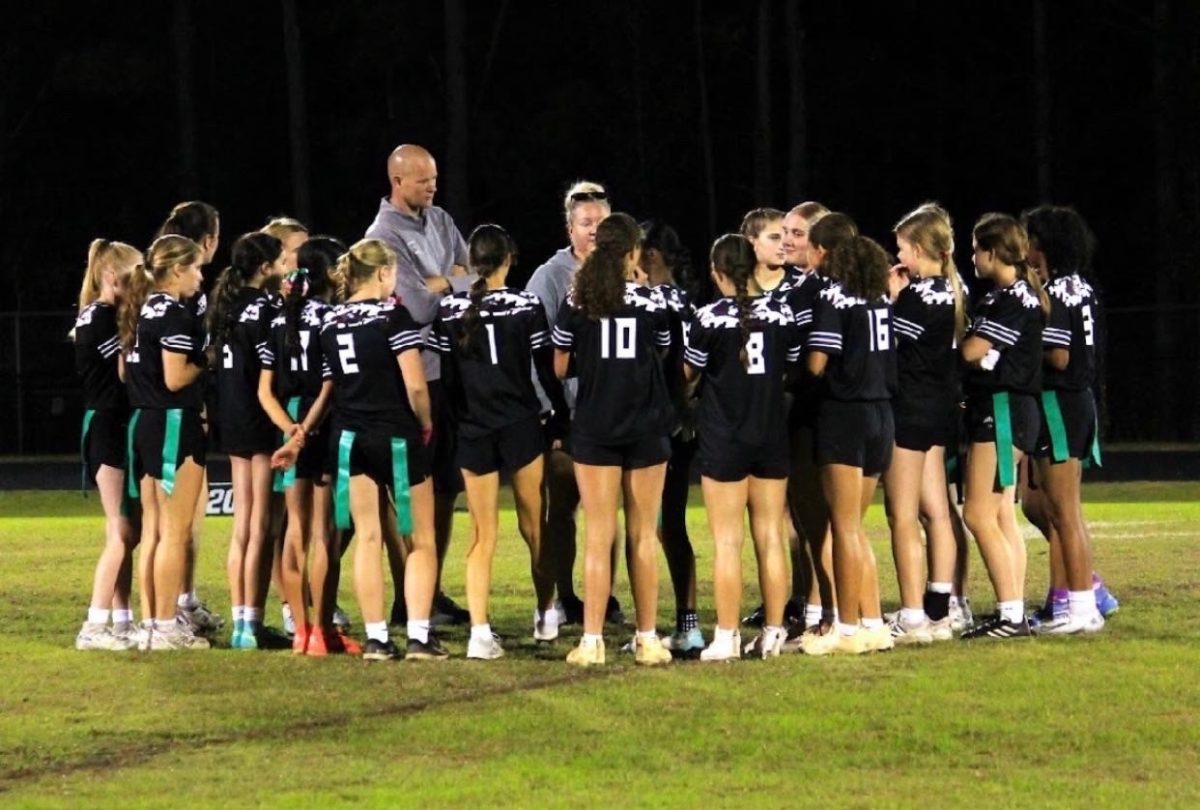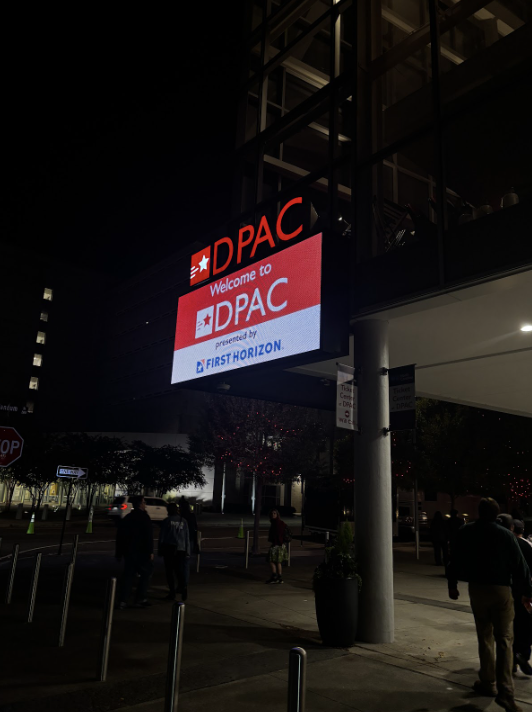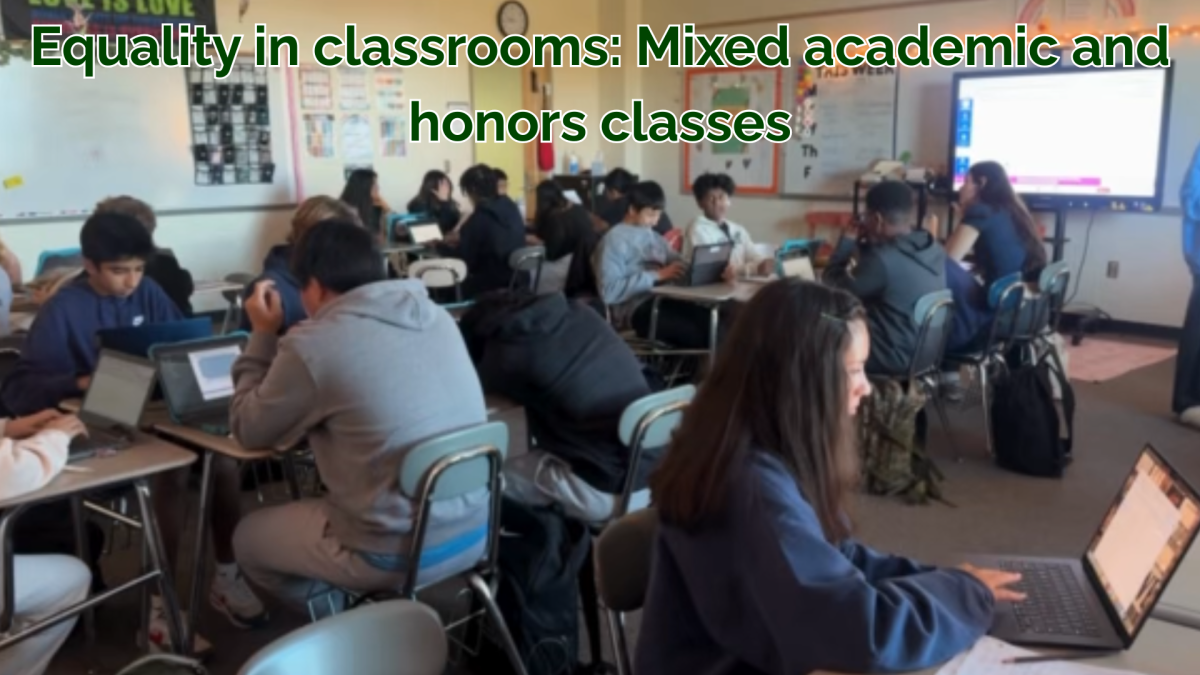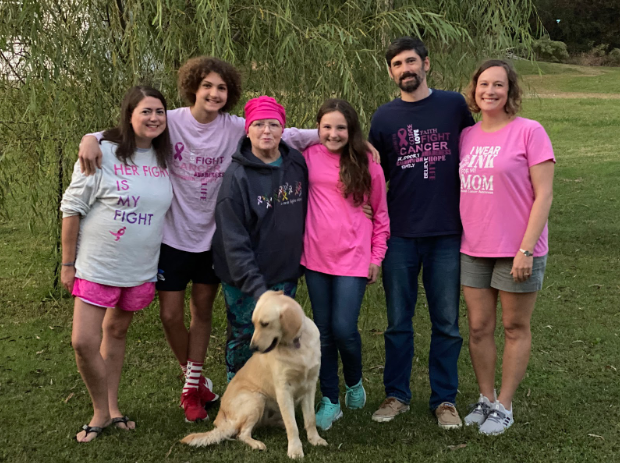On the ballot this year is House Bill 1074, a referendum passed by the North Carolina State Legislature on June 27 2024. It passed in the Senate with a 40-4 vote and in the House with a vote of 116-12.
This referendum, also known as the Citizens-Only Voting Amendment, seeks to change the current wording of Article VI Section I of the North Carolina State Constitution. In North Carolina referendums that amend the constitution need a simple majority of North Carolinian voters to be enacted.
The proposed wording of this amendment takes out the “every person born in the United States and every person who has been naturalized” wording of the section. Deleting these words “born and naturalized” may not seem significant but its tangible effects are unknown. Ms. Leslie Meadows, an Economics and Personal Finance Teacher here at Green Hope spoke on the potential ramifications. “There are some groups that have concerns about potential implications–that there may be naturalized citizens that could, perhaps, in the future be excluded from voting in North-Carolina-specific elections at some point in the future. But it’s hard to speculate on exactly what that would potentially be or even how that would work,” Ms. Meadows said.
This proposed amendment is part of a coordinated effort by Republican state legislatures across the country. Fourteen states have either adopted this amendment or put it on the ballot.
Holden Williams is a research assistant to District 77 Representative Julia Howard, a republican co-sponsor of House Bill 1074. On a day-to-day basis his role varies from policy research to interpreting numbers for goals and metrics.
Williams spoke on the reasoning for passing the amendment. “The definition of citizen is from amendment 14 of the US Constitution and it includes naturalized citizens … In certain areas of the country there’s been some effort to allow non-citizens to vote in local elections.” Williams is talking about a trend that is occurring across certain states across the country that allow some non-citizens to vote in certain kinds of elections.
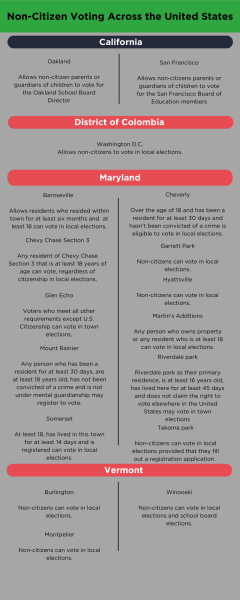
The importance of having citizens stated in the constitution is to ensure that there are no future legal cases. “Because we have the word ‘citizen’ in the state constitution it takes away the rationale and legal case that a lot of folks are trying to use to allow non-citizens to vote … it’s a preemptive thing because it hasn’t been tried in North Carolina” Williams said.
Representative Maria Cervania, a democrat who represents District 41, recently redistricted to encompass Green Hope, shared her thoughts on this amendment and why she voted against it.
“We must reinforce confidence in these existing safeguards in our electoral system. Moreover, these efforts divert the focus from increasing overall voter access and engagement, potentially undermining the democratic participation in our elections,” Representative Cervania said. She mentions reinforcing confidence in the elections because of the widespread misinformation about the 2020 election.
“Particularly with North Carolina’s naturalized citizens, many of our immigrants have fought for decades to get their citizenship and earn the right to vote. Yet, now we are needlessly planting doubt in their minds about whether they can participate in the most basic and fundamental aspect of our democracy: to vote,” said Representative Cervania. As of 2022 North Carolina is home to about 915,200 immigrants, of which approximately 386,400 are eligible to vote. In the 2020 election North Carolina was decided by 74,483 votes. This immigrant population could swing the results of an election in the critical battleground state of North Carolina.
A naturalized citizen of North Carolina associated with the state government who requested to remain anonymous commented on the referendum. They fear that this amendment may sow distrust within immigrant communities and may result in disenfranchisement.
“By introducing an amendment that could allow for additional interpretations or requirements, some citizens might face challenges in proving their eligibility, creating unnecessary barriers to voting access. This could discourage engagement in civic processes and create divisions within communities, impacting trust in the electoral process and reducing representation, especially for immigrant and minority groups,” they said.
Currently, law states that no non-citizen is allowed to vote in any North Carolina election. The results of the proposed amendment remain to be seen. Early voting started in North Carolina on Oct. 17 and ends on Nov. 2. Election Day is on Nov. 5.






